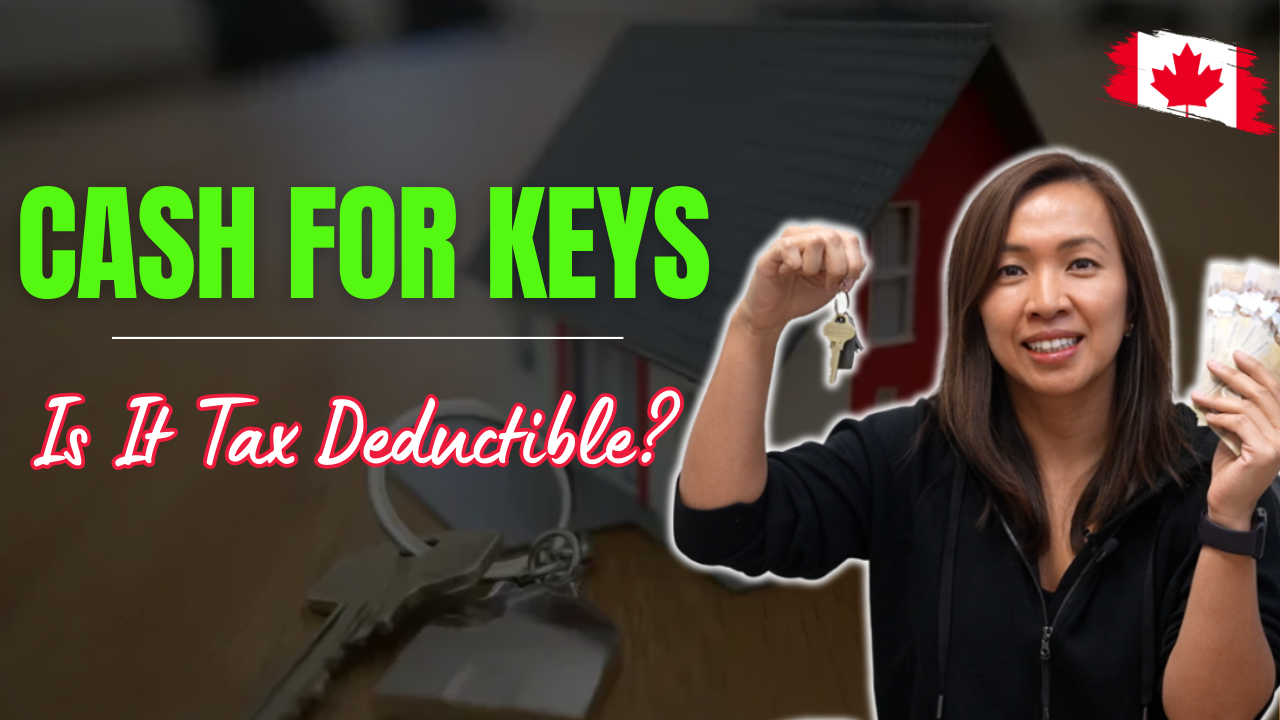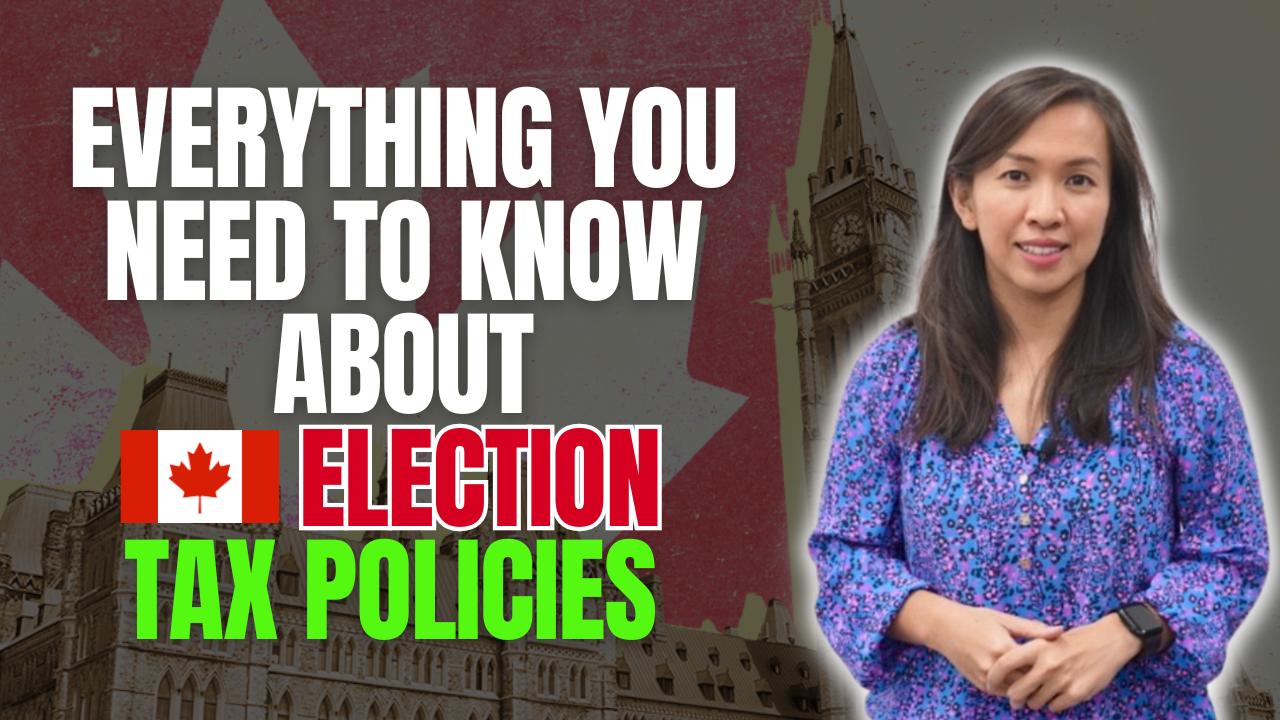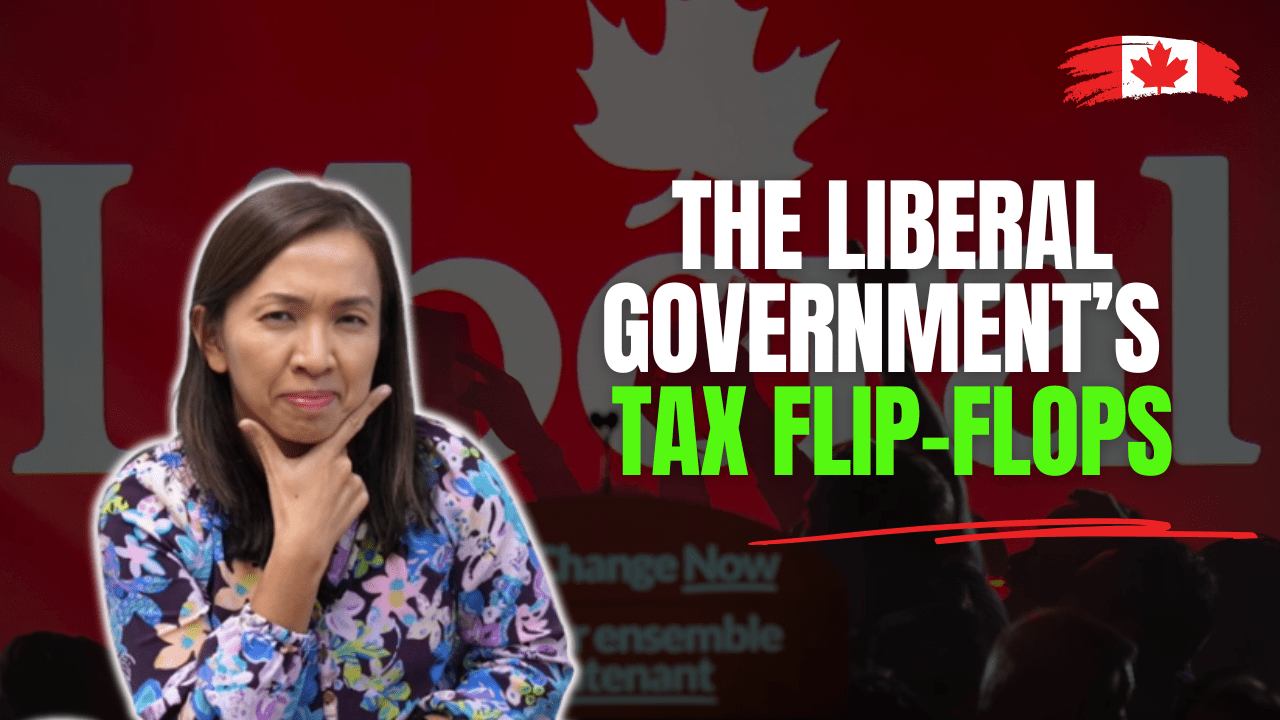This is the number 1 question I get asked as a Real Estate Accountant.
The truth of the matter is that there isn’t a one size fits all answer.
It goes back to your income level, risk tolerance, investment strategies, source of funds for downpayment…and much more.
If you are at the beginning of your journey or halfway through and wonder if you should set up a corporation, consider the 5 questions below to help you decide whether you should set up a corporation or not.
1. What are your investment strategies?
Some real estate investment strategies are taxed as income, 100% taxable. Some investment strategies, however, are taxed as capital gain, 50% taxable.
Investment strategies such as flipping properties, assignment deals, rent to own, land developments, and building new houses are all considered business.
Therefore, profits from these strategies are taxed as income – 100% taxable.
If you invest in these types of real estate strategies in your personal name, you can be subject to as high as 53.5% personal income tax.
If you invest in these types of strategies in the corporation, you can pay as little as 12.2%.
On the other hand, profits made from investment strategies that involve long-term buy and hold are considered capital gain in Canada. Only 50% of the profit made is taxable.
Long-term buy-and-hold strategies can include single-family homes, cottages, multi-family homes, commercial plazas, industrial buildings, etc.
Long-term buy-and-hold strategy can even involve properties that are used for short-term rental purposes.
However, you would have to pay closer attention to the HST implication on short-term rental.
With long-term buy and hold, depending on the other factors mentioned below, you may or may not have the same incentive for you to purchase properties inside a corporation.
2. What is your risk tolerance level? How worried are you about being sued?
A corporation is considered a separate legal entity in the eyes of the law.
What it means is that your real estate corporation can be sued and lose everything, and it can have no impact on the shareholder’s personally owned assets such as your primary residence, RRSP and TFSA account.
Most real estate investors I have talked to think the risk of being sued is low, and you rarely get sued as a landlord. They feel relatively secure being covered by the insurance policies that they carry.
A client of mine just got served with legal documents filing for a $1M claim against her.
Her dad’s dog chased the neighbor’s dog, causing the neighbor to run away and eventually trip and fall at her own home.
They are still in the middle of determining whether the insurance policy will cover the claim if her dad is found to be at fault.
Sometimes, you just don’t know what you don’t know. Having a corporation means that there’s an extra layer of protection against potential liability claims.
3. How many properties are you planning to buy?
Corporation provides many tax planning opportunities and legal liability protection, but it also costs money to set up and maintain on an ongoing basis.
If you are planning to simply buy one investment condo in downtown Toronto, depending on your answers to all other questions listed in this article, it’s quite costly to own your property inside a corporation.
On the other hand, if you plan to scale and purchase 10, 20 or 50 properties down the road, having the right structure from the get-go is a good investment.
The cost of filing and set up fees is spread among multiple properties, making it less expensive to carry the corporation cost.
4. Do you own another small business in a corporation? Where is your downpayment coming from?
Many real estate investors also own other small businesses. In Canada, small business income is taxed at 12.2% inside the corporation. Therefore, if you were to report the same income in your personal name, you can pay as much as 53.5% personal income tax on the same stream of income.
Let say you have $100,000 net after tax in a corporation and you are considering to invest in real estate.
If you invest in your personal name, you have to take that $100,000 out of your corporation, and pay personal taxes that can be as high as 48%. You are left with $52K to invest.
On the flip side, if you invest inside the corporation, you can simply take that $100,000 to invest. No additional personal tax to be paid.
$100K to invest through a corporation or $52K left to invest in personal name – easy choice, isn’t it?
5. Are you planning to leave your real estate portfolio in the next generation?
Some people purchase real estate to finance their kids’ education. Some investors simply want to have a comfortable retirement.
Some, however, are interested in leaving their assets to the next generation.
As a real estate accountant, I get asked all the time, how do I pass on my 5, 10, 20 properties to my kids in a tax-efficient manner?
One way to do this is by way of an estate freeze. Estate freeze often involves freezing the asset’s value when you do decide to transfer the asset to your kids. In addition, an estate freeze often involves the use of a corporation.
If you own all your real estate in your personal name, it costs quite a bit of money to transfer your properties to the corporation.
At a minimum, you need to pay land transfer tax the second time at fair market value to transfer all your properties to the corporation.
Sucks, isn’t it?
If you have your corporation set up to own your properties right from the get-go, this will not be an issue when an estate freeze is done.
Alternatively, just sell all your properties in your lifetime, enjoy the fruits of your hard work and let your kids do their fair share to take care of themselves.
Hopefully, this gives you some pointers to consider before setting up a corporation to own your real estate portfolio.
As always, if you are unsure, feel free to contact our office to set up a consultation so our team can guide you through this difficult question.
Cherry Chan, CPA, CA
Your Real Estate Accountant
P.S. Erwin and I are hosting the most anticipated event for the year – also known as the Wealth Hacker Conference Saturday, Nov 12 this year. When we hosted this event in 2019, over 1,500 hardworking Canadians joined us learning all different types of wealth hacks. Find out more about the event at www.WealthHacker.ca






Barry
Awesome